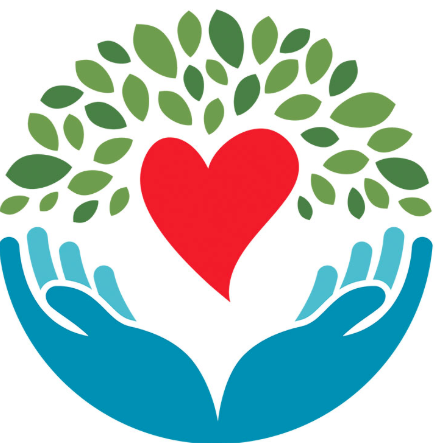“Compassionate people ask for what they need. They say no when they need to, and when they say yes, they mean it. They’re compassionate because their boundaries keep them out of resentment.”
―Brené Brown

God I love Brené Brown! She’s sassy and funny and smart. And 23 years clean and sober to top it all off. During a recent interview, Brené Brown and Russel Brand discussed sobriety, vulnerability and compassion among other things. And one of the things that surprised me most was what her research taught her about compassion. When she asked Russel what he thought the most compassionate people had common, I paused the video, I wanted to guess. I guessed empathy, self-love, self-compassion – that all made sense to me. But her research showed that when they analysed the data about what the most compassionate people that they had interviewed had in common, there was one variable that they shared:
Boundaries of steel.
Very compassionate people who were interviewed repeatedly said:
I’m compassionate because I do not subject myself to the abuse of other people.
From this research, Brown and her colleagues developed the idea of BIG:
“What Boundaries need to be in place so that I can be in my Integrity and be Generous toward you”
Wow – I don’t know about you, but from a young age, I learned to people-please; I learned to say yes even when I didn’t want to do something; I learned to smile and laugh things off even when they hurt; I learned to ‘go with the flow and not make waves and get along with people.’ I certainly did not learn to say no.
Most of us who grew up in chaotic and abusive homes learned to survive and/or escape by doing whatever it took, I learned to be a people pleaser and to numb the pain of losing myself.
“We do that by numbing the pain with whatever provides the quickest relief. We can take the edge off emotional pain with a whole bunch of stuff, including alcohol, drugs, food, sex, relationships, money, work, caretaking, gambling, affairs, religion, chaos, shopping, planning, perfectionism, constant change, and the Internet. And just so we don’t miss it in this long list of all the ways we can numb ourselves, there’s always staying busy: living so hard and fast that the truths of our lives can’t catch up with us. We fill every ounce of white space with something so there’s no room or time for emotion to make itself known.” – Brené Brown
It was only when the pain got too much and the numbing out didn’t work anymore that I started to do my own work and learn about boundaries. I learned about boundaries in recovery rooms and in therapy rooms and by reading a lot of books!

Brené Brown’s books have all been instrumental in my healing journey. I love her Ten Guideposts for Whole Hearted Living from Rising Strong:
1. Cultivating authenticity: letting go of what people think
2. Cultivating self-compassion: letting go of perfectionism
3. Cultivating a resilient spirit: letting go of numbing and powerlessness
4. Cultivating gratitude and joy: letting go of scarcity and fear of the dark
5. Cultivating intuition and trusting faith: letting go of the need for certainty
6. Cultivating creativity: letting go of comparison
7. Cultivating play and rest: letting go of exhaustion as a status symbol and productivity as self-worth
8. Cultivating calm and stillness: letting go of anxiety as a lifestyle
9. Cultivating meaningful work: letting go of self-doubt and “supposed to”
10. Cultivating laughter, song, and dance: letting go of being cool and “always in control”
And I would add to this:
Cultivating boundaries of steel: letting go of people pleasing and resentment, and developing compassion.
In my on-going desire to grow and be the best person I can be, again I turn to Rising Strong, and take this list to heart. I strive to cultivate these traits:
- Boundaries—I create clear boundaries and will respect your boundaries; and when I’m not clear about what’s okay and not okay, I’ll ask. And I’m willing to say no.
- Reliability—I’ll do what I say I will do. I will be aware of my competencies and limitations so I don’t overpromise and am able to deliver on commitments and balance competing priorities.
- Accountability—I own my mistakes, apologize, and make amends.
- Vault—I don’t share information or experiences that are not mine to share. I need to know that my confidences are kept, and that others are not sharing with me any information about other people that should be confidential.
- Integrity—I choose courage over comfort. I choose what is right over what is fun, fast, or easy. And I choose to practice my values rather than simply profess them.
- Non-judgment—I can ask for what I need, and you can ask for what you need. We can talk about how we feel without judgment.
- Generosity—I extend the most generous interpretation possible to the intentions, words, and actions of others.
That’s a potent list, and I know it’s a matter of progress not perfection. I will keep cultivating these traits. And for today, I will choose to be compassionate. And that might mean that I say no, and that might mean that someone is less than pleased with me. And that’s OK.


